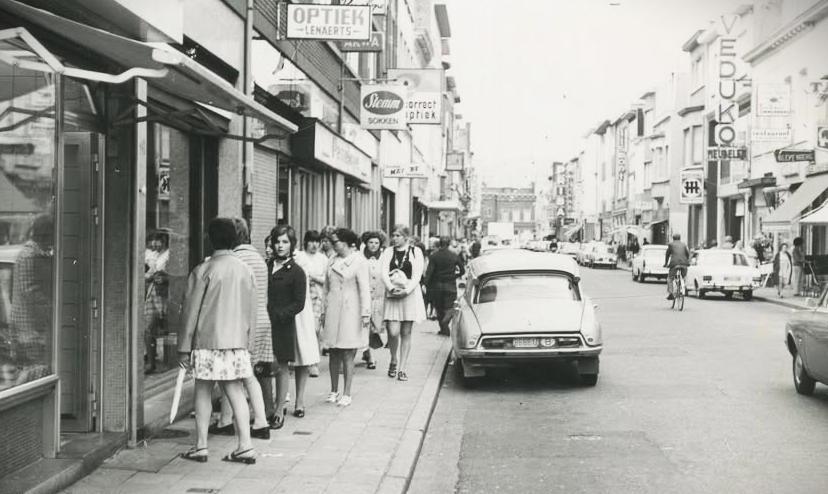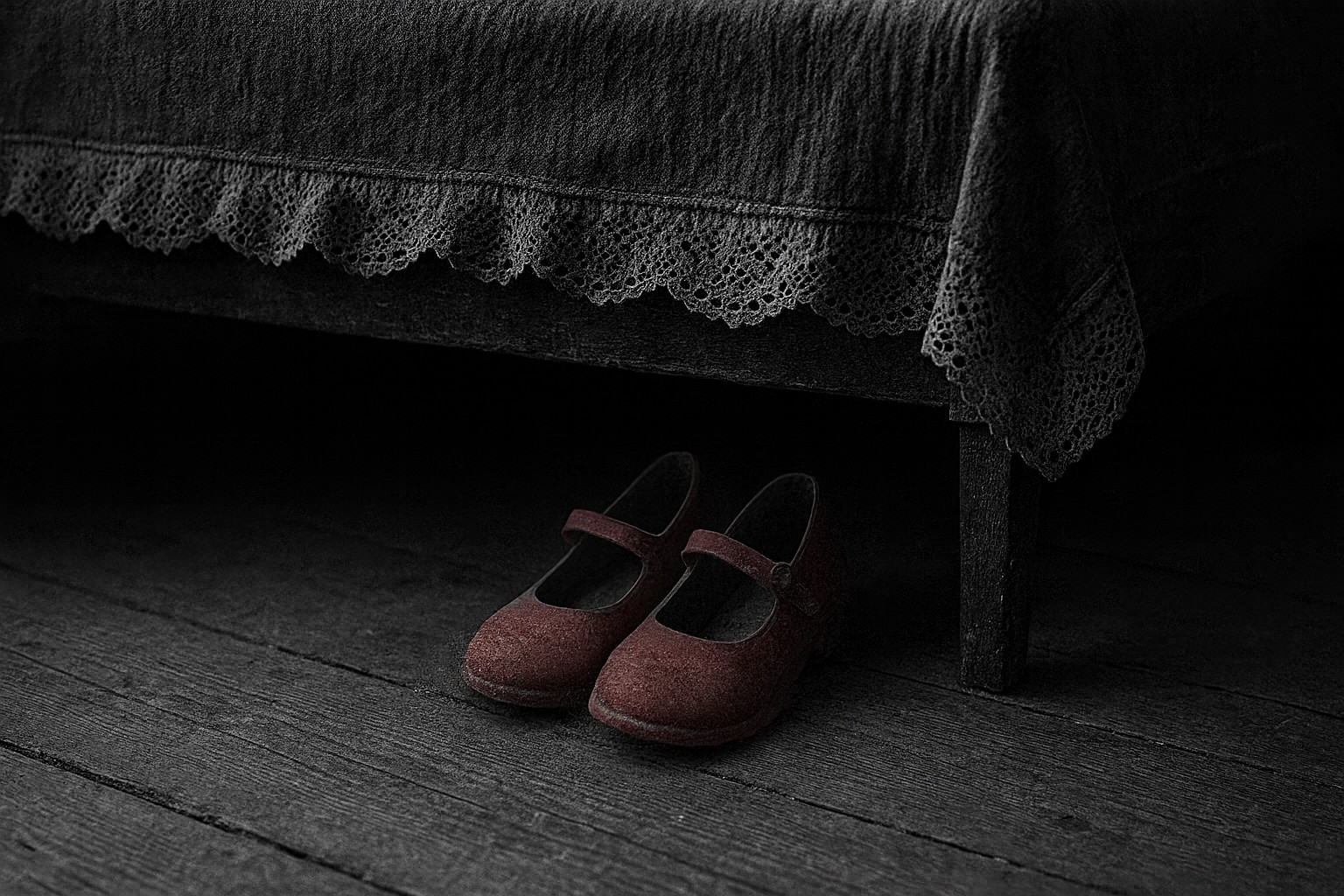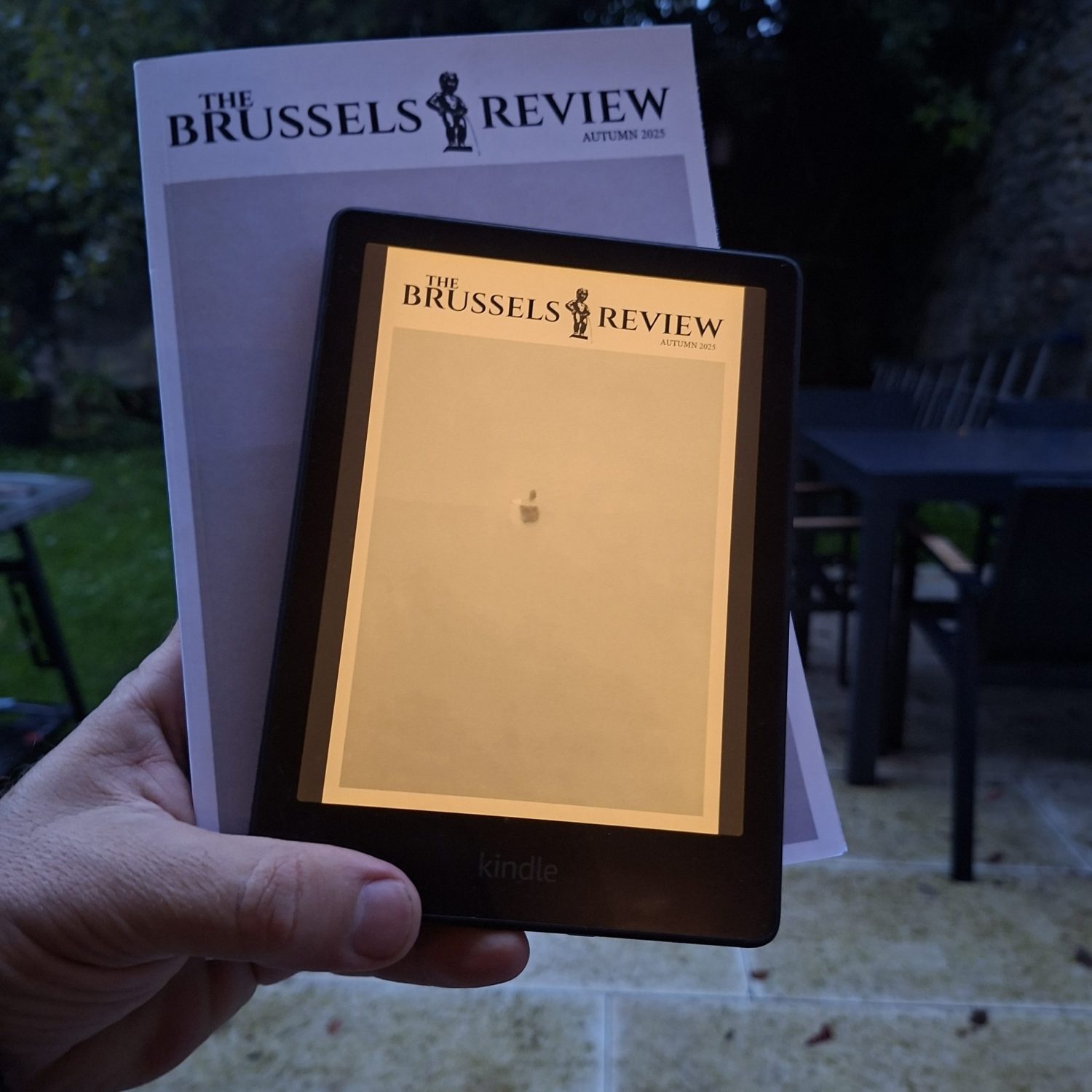Spring-cleaning is not something that holds water with me in the tropics; not with the same seasonal immediacy it is associated in the temperate West. My decluttering can therefore wait for when it is convenient and not be bothered with following any seasonal rhythm. But when you don’t have to do something, you don’t get to do it. Which has kept the decluttering of my email inbox deferred forever. It’s like your study – you don’t get around to tidying and arranging it until you’re frisking for your car keys.
When I started receiving pop-ups on how to manage my inbox on Yahoomail, I knew what I thought was a personal matter had come out of the closet. It gets creepy when you suspect you are now being gossiped behind your back by them algorithms. I’ve had the same feelings of being intruded upon before. In the days before every newsletter hid behind paid subscription walls for access, I had one media organisation that was regular with their mails to me – too regular, maybe. Till I had to start scrolling past their daily mails unread. One day, many weeks later, I had to open their mail which had not the regular harmless subject. Upon which I read my indictment for not opening the previous mails for so long based on which they regret to discontinue the unpaid subscription. You never miss your water until your well
runs dry. I rued that severance. But beyond that, I wished I could give that surveillance technology a little pinch on the ear lobe for snitching on me.
My Yahoomail inbox was going to 17,000 unread. Everyday I was swamped by dozens of mails from media organisations, literary journals, motivational, fitness, wellness, environmental and even culinary interests. Some of that invasion I brought on myself by often being on a website and filling out the pop-up request for subscription just so that I could dismiss the irritation and continue with the business that brought me to the site. Some literary journals at submission would ask if you wanted to be on their mailing list. Out of politeness, you check the box – a perfunctory act that yokes you to their missives going forward.
Then, being quite the congenital hoarder, even the mails I had read somehow hardly get deleted. Some survive on sentimental grounds – the few acceptance mails from lit mag editors. Others have no business living rent-free in my inbox. These include debit/credit alerts from my linked bank accounts and debit cards. Between the two extremes are scores of first-rate writings in journals I wish to return to and reports of epochal events I wouldn’t want to lose for their before-and-after potential – like President Trump’s blitzkrieg on his first day in office. This then gives an idea as much into how my inbox cookie crumbles as to how it bloats up.
My decluttering starts with those low-hanging fruits – the read with no sentimental or archival value and the unwanted unread. But first, I had to embark on an unsubscribing spree shutting or, at worst, narrowing the floodgates by unsubscribing from the more obvious nuisances. What this did was to give me a much-needed breather. Before then, my daily mail haul came with the flapping rapidity of a note counter. OK, I exaggerate, but that was how it felt at my end – the receiving end. So much that I had to deactivate mail on my phone. Doing so meant that I had to have recourse to the laptop to track mails in need of quick response. On extended stays in my village without mi-fi coverage, I do get the jitters wondering at what
mail I could be missing but also at the inevitable pile-up. Meanwhile, my neck of the woods is well covered by telcos and at such times, I regret the banishment of mails from my phone. I would have to recourse to hotspot tethering with my mobile phone to access my mails on the laptop. But it serves my mental health needs well to postpone reality check to a more sedentary time on the laptop.
So, while my decluttering sessions would start from top with the most recent mails, the progress would be bogged down by the residual curiosity I harbor for many unread mails. It is the feeling that here’s one more thing I needed to know about xyz or one more fiction or non-fiction piece to be entertained by. That way, the cookie that’s meant to be downsized keeps bloating instead. My decluttering sessions often morph into reading ones with pruning hook rested while I binge on some old mail wondering how did I ever skip that. Three hours later, I toggle back to inbox where I would have been able to trash all of eighteen mails. The Holy Book warns that hunger for enquiry is endless and much study is the weariness of the flesh.
To circumvent this delay, I go towards the back of inbox to begin my weeding. It proves a lot faster there because most of the mails from many years back have been overtaken by time. But then being passé still comes with its own advantages. This makes me pussyfoot around the mails with archival potentials. Like visiting a museum, some mails take me down memory lanes of Covid-19 lockdown or George Floyd’s murder. I end up side-stepping them. Point is: I don’t know when that time would come for me to go browsing blasts from the past for the heck of it. It is such good-natured prudence that lead to the pejorative labelling of hoarders and if so much concern for past records would be so denigrated, where is our humanity! Such prevarication also comes with decluttering my wardrobe but here, the hold of the more material objects is not as strong as that of the intangible content of my fondly mails.
The major events, local or global, of any period create a feel, period feel, of that time. Media outfits correspondingly generate tones of content which end up in inboxes via subscriptions. In my Nigerian national terms, there were lots to do with election cycles with politicians’ promises starkly forsworn when read years down the line. Also, there were the bloody days of herdsmen massacres in the Middle Belt which seem to have petered off on its own with the government’s arms folded in the stupor of inaction. For my sanity, I shut my eyes and select these into the cart for bulk delete.
There were also mails of the personal kinds – correspondences with my editing clients. The different phases of any manuscript would have been downloaded to the appropriate folder on the laptop so the correspondences living rent-free in my inbox had to go. In the years before the Internet, it was letter writing that carried the weight of the personal between both familial and romantic pairs. Now for romantic messages, the mail inbox is hardly the place for that, not with Facebook Messenger, WhatsApp and other platforms parading chat, voicemail and video calling capabilities. So my revisits wouldn’t throw up much that was of sentimental value which was good for my decluttering.
The process of digging up old mails also gave me a graphic view of how the entire business of getting informed has been changing through the years. Just five years ago, most of the curated lists of lit mag call-outs were pro bono. The same was true of news media dispatches without prejudice to their paid subscription bouquets. There was no Substack then. This is so much unlike now when the best writings from a smorgasbord of sources are curated and sent to your inbox. You browse the subject matters and they are mouth-wateringly appealing. But you try to dive in and you’re asked to ‘upgrade to paid’ subscription. It’s much like viewing the Promised Land and being denied entry. However, on the balance, we are better off paying for a variegated curated list than being tied to one media outfit’s offering.
Rummaging my old mails for what goes or stays threw up many news items and literary pieces whose Internet links had ceased to exist. This had to be the one painful, even sorrowful, takeaway from the exercise. Before then, I’ve had to put up with the sad reality of losing links to my valuable published pieces because the publisher packed up. Even with publishers who remain active, the cost of holding on to cloud storage of archives has seen many letting go of op-eds as fresh as few weeks’ old. This is common in developing countries where lack of funds and exchange rate instability conspire to make server maintenance charges burdensome. Chances are the majority of lost documentary heritage from such cyber erasures would come from poorer nations, ipso facto, Africa and the Black world. With time, this could tantamount to an inadvertent genocide – culture genocide.
With current hysteria about the dangers and prospects of AI, a time is coming when there will be a massive thirst for the purity of human-generated content from our present era. If such content is lost to cloud storage, what a huge waste of our common patrimony that would be. Governments and Big Tech should therefore find a way to ensure continued storage and public access to definitive archives that embody the zeitgeists of different periods of our civilization. This could be done by waiving cloud storage fees for publishers’ archives older than two years. Another way would be for endowments covering cloud storage costs to be instituted by governments and corporations acting a la noblesse oblige.












